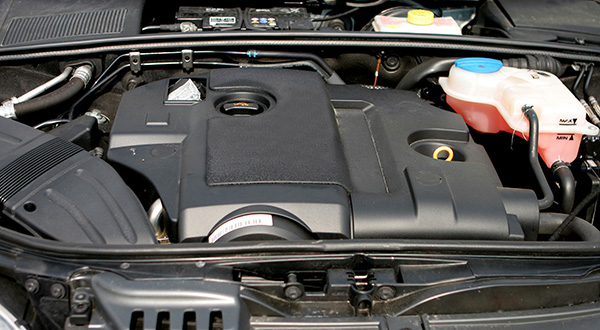
When your engine misfires, you’ll know something is off almost immediately. From sudden shaking to loss of power and rough starts, misfires aren’t just uncomfortable—they signal that one or more cylinders aren’t firing properly. And if ignored, misfires can damage your engine, reduce fuel efficiency, and even leave you stranded. Recognizing the signs on time helps prevent bigger issues in the future.
What Is an Engine Misfire
A misfire happens when a cylinder doesn’t complete its combustion cycle. That can be due to a lack of spark, air, fuel, or a combination of all three. Each cylinder in your engine is timed to fire in a specific sequence. When one falls out of line, your engine will lose rhythm—and it shows.
Misfires can be intermittent or constant and often trigger the check engine light. But even if no warning light comes on, your vehicle will almost always show physical symptoms.
Shaking or Vibrating Engine
One of the most common symptoms of a misfire is a noticeable shake or vibration—especially at idle. Since the engine is no longer running evenly, the imbalance creates movement that you’ll feel through the steering wheel, floorboards, or even the seats.
If your car vibrates more than usual when stopped or feels rough during acceleration, it’s time to have it checked.
Loss of Power and Hesitation
A misfire causes one or more cylinders to underperform or completely fail to fire, which directly impacts power output. You may notice sluggish acceleration, hesitation when you press the gas, or reduced performance on hills.
Your engine may also struggle to maintain speed, particularly under load. These symptoms can feel similar to transmission or fuel delivery problems, but misfires are a very likely cause.
Rough Starts or Stalling
A healthy engine should start cleanly and quickly. If your vehicle struggles to start, takes longer than usual to turn over, or starts then stalls, a misfire may be interfering with ignition or compression. This is especially noticeable in cold weather or after the car has been sitting for a while.
Frequent hard starts or stalling are red flags that should be diagnosed right away.
Unusual Sounds or Popping Noises
Misfires often produce distinct engine sounds, like popping, coughing, or backfiring. These noises come from unburned fuel exiting the cylinder and igniting in the exhaust system. Over time, this can damage the catalytic converter and other components if the issue isn’t resolved.
Listen for these sounds during acceleration or at idle, especially if they’re accompanied by other symptoms.
Decreased Fuel Economy
When a misfire throws off the combustion process, your engine becomes less efficient. That means it burns more fuel to do the same amount of work. If you’ve noticed your fuel economy dropping without a change in driving habits, a misfire could be to blame.
This is one of those subtle symptoms that can go unnoticed for a while—but it’s worth checking out sooner rather than later.
Check Engine Light
Many misfires will trigger the check engine light, particularly if the problem persists for more than one driving cycle. A diagnostic scan will usually reveal a P0300 (random misfire) or P0301-P0308, which correspond to misfires in specific cylinders.
Even if the light turns off on its own, it’s better to have the code read and address the issue before it gets worse.
Davenport Motor Company – Precision Engine Diagnostics in Plano, TX
Engine misfires don’t fix themselves. At Davenport Motor Company in Plano, TX, our technicians are equipped with the latest diagnostic tools to quickly identify the cause of your misfire and restore your vehicle’s performance. Book your appointment today and drive with power and confidence.